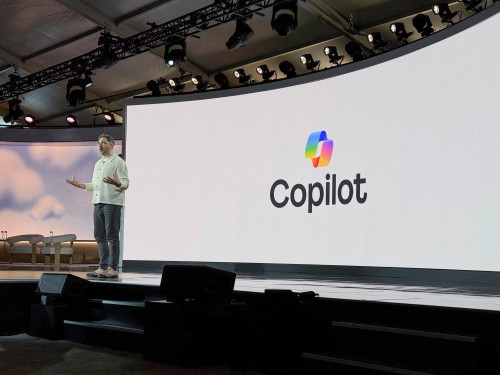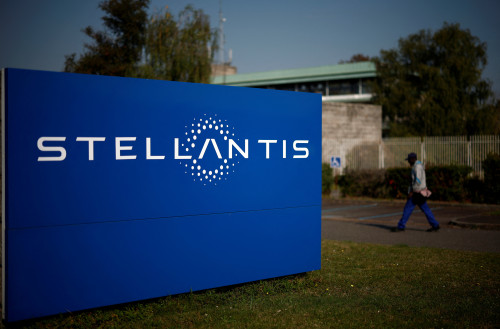By Kanishka Singh and Nandita Bose
WASHINGTON (Reuters) – The Chinese government will seek to initiate artificial intelligence regulations in its country, billionaire Elon Musk said on Monday after meeting with officials during his recent trip to China.
Musk did not elaborate further and made his remarks in a Twitter Space with Democratic presidential candidate Robert F. Kennedy Jr. on Monday.
“It’s worth noting that on my recent trip to China, I went to senior leadership there. I think we had some very productive discussions on artificial intelligence risks, and the need for some oversight and regulation,” said Musk, owner of Twitter and Tesla Inc chief executive.
“And my understanding from those conversations is that China will be initiating AI regulation in China.”
Reuters was not immediately able to reach Chinese officials for comment outside of normal business hours.
Musk departed Shanghai on Thursday, wrapping up a two-day trip to China in which he met senior Chinese government officials including the highest-ranking vice premier.
Musk met with China’s foreign, commerce and industry ministers in Beijing. He also met with Chinese Vice Premier Ding Xuexiang on Wednesday, a source familiar with the matter said.
China’s cyberspace regulator unveiled draft measures in April for managing generative artificial intelligence services, saying it wants firms to submit security assessments to authorities before they launch their offerings to the public.
Several governments are considering how to mitigate the dangers of the emerging technology, which has experienced a boom in investment and consumer popularity in recent months after the release of OpenAI’s ChatGPT.
In April, the Cyberspace Administration of China (CAC) said that China supports AI innovation and application and encourages use of safe and reliable software, tools and data resources, but content generated by generative AI had to be in line with the country’s core socialist values.
Providers will be responsible for the legitimacy of data used to train generative AI products and measures should be taken to prevent discrimination when designing algorithms and training data, it said.
(Reporting by Kanishka Singh in Washington; Editing by Leslie Adler and Lisa Shumaker)







